几句话
持志如心痛,一心在痛上,岂有功夫说闲话,管闲事。——~~~ 王阳明~~薛侃
   今日读《传习录》,恰遇此句,为薛侃录首,惊其为薛侃问阳明之句,乃知世人谓持志如心痛为阳明言皆谬尔!故学者不可轻信盲从,应据于典。原文下:
侃问:“持志如心痛,一心在痛上,安有功夫说闲话,管闲事?”
先生曰:“初学功夫如此用亦好,但要使知 ‘出入无时,莫知其乡’。心之神明原是如此,功夫方有着落。若只死死守著,恐于功夫上又发病。“
   【译文】
   薛侃问:” 操守志向犹如心痛一般,一心只在痛上,哪里有时间说闲话,管闲事?“
   先生说:“开始学时,如此下功夫也行,但须明白天理的神明原来就是 ‘进出没有时间,不知它要到哪里’。这样功夫方有着落。若只死守志向,在功夫上大概又会发生问题。”
没有天花板。—— 陈志老师
不会所以去学。—— 陈志老师
给你任务不是让你跟我们讨论怎么做,而是你把方案写好,我们再来看可不可行,有没有改善的地方。—— 陈文凯学姐
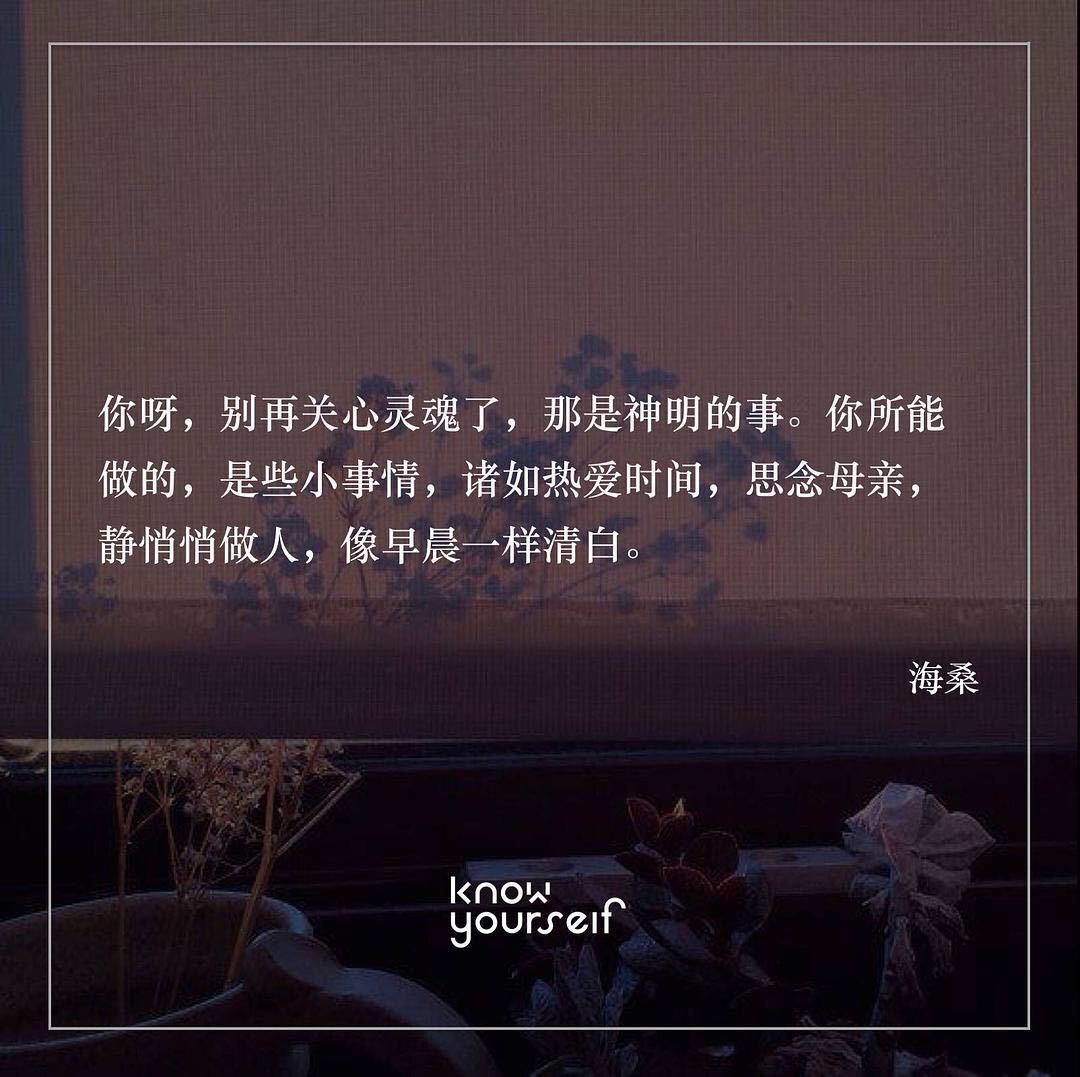
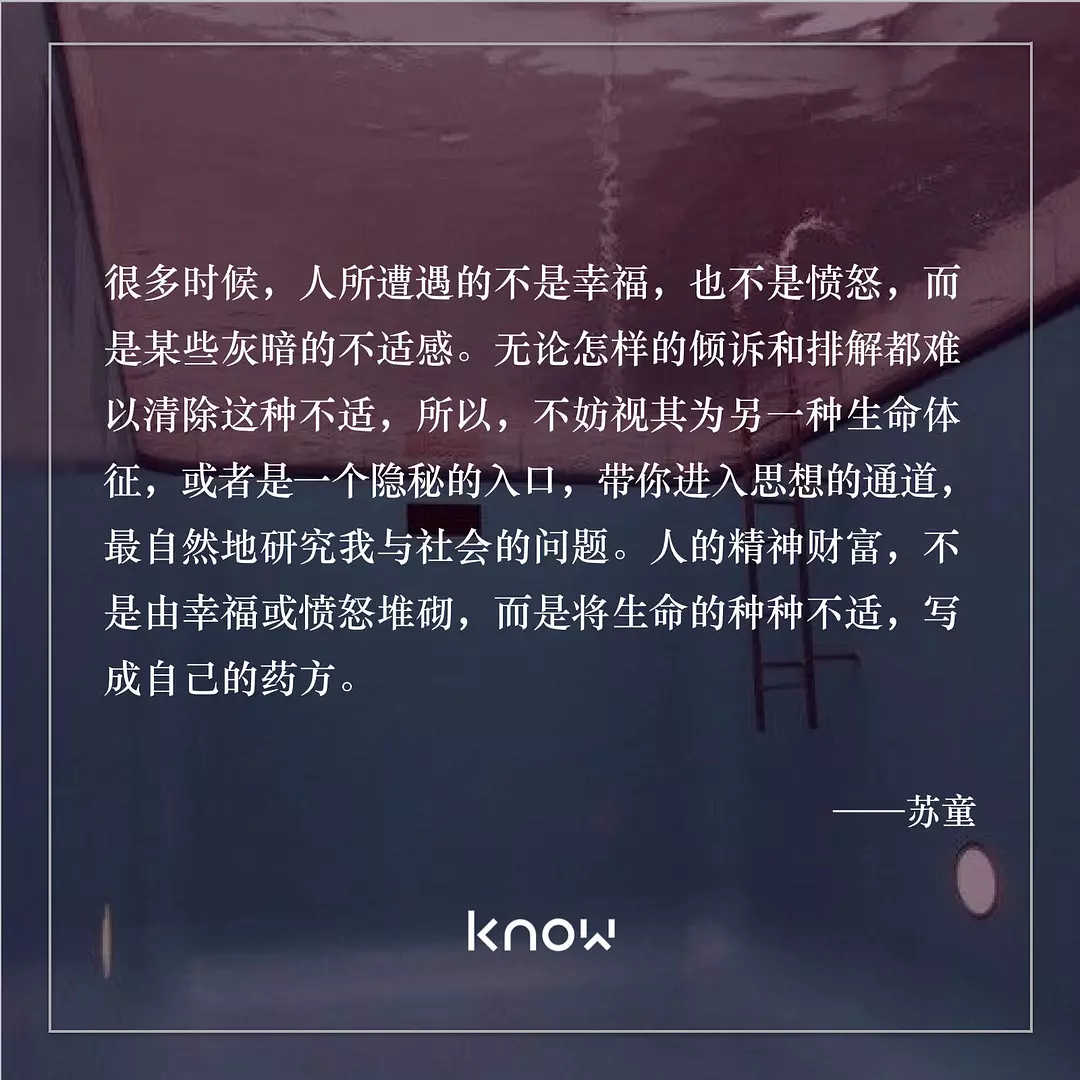
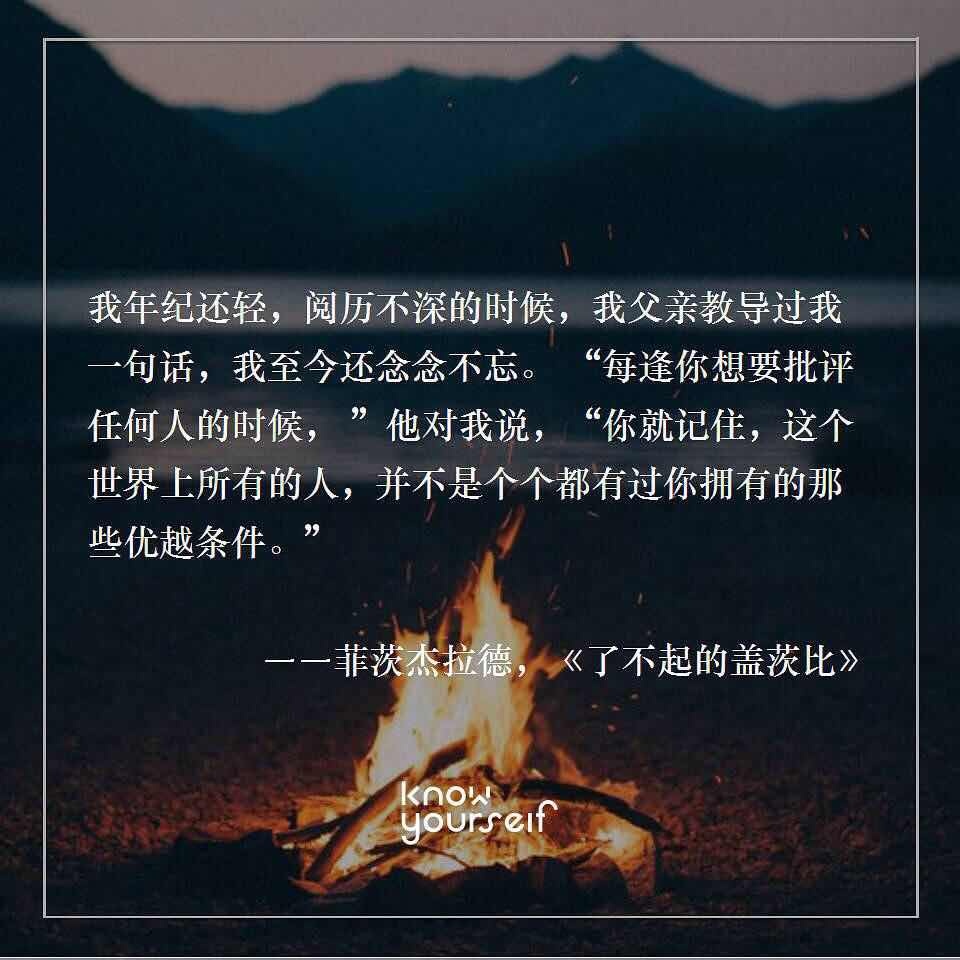
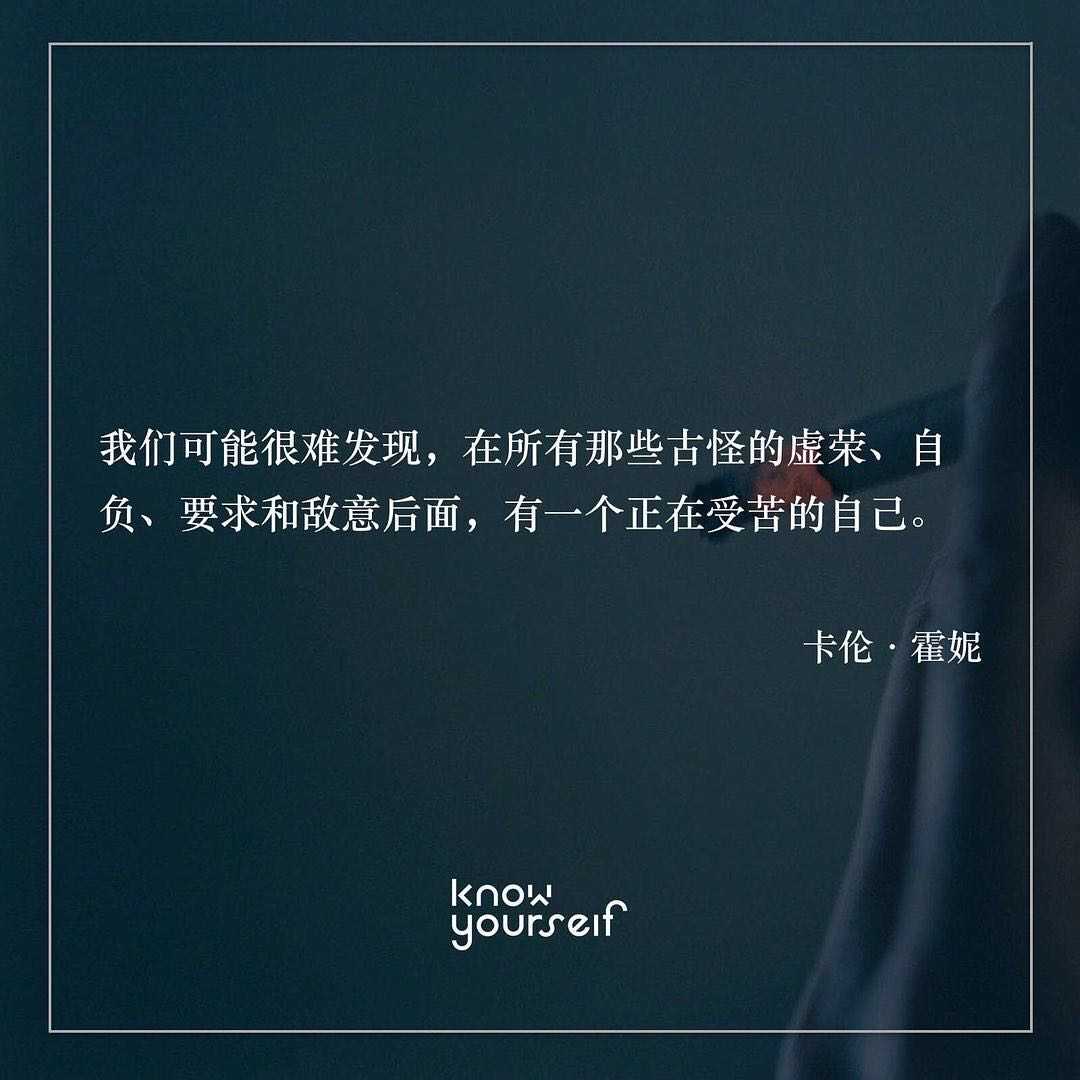
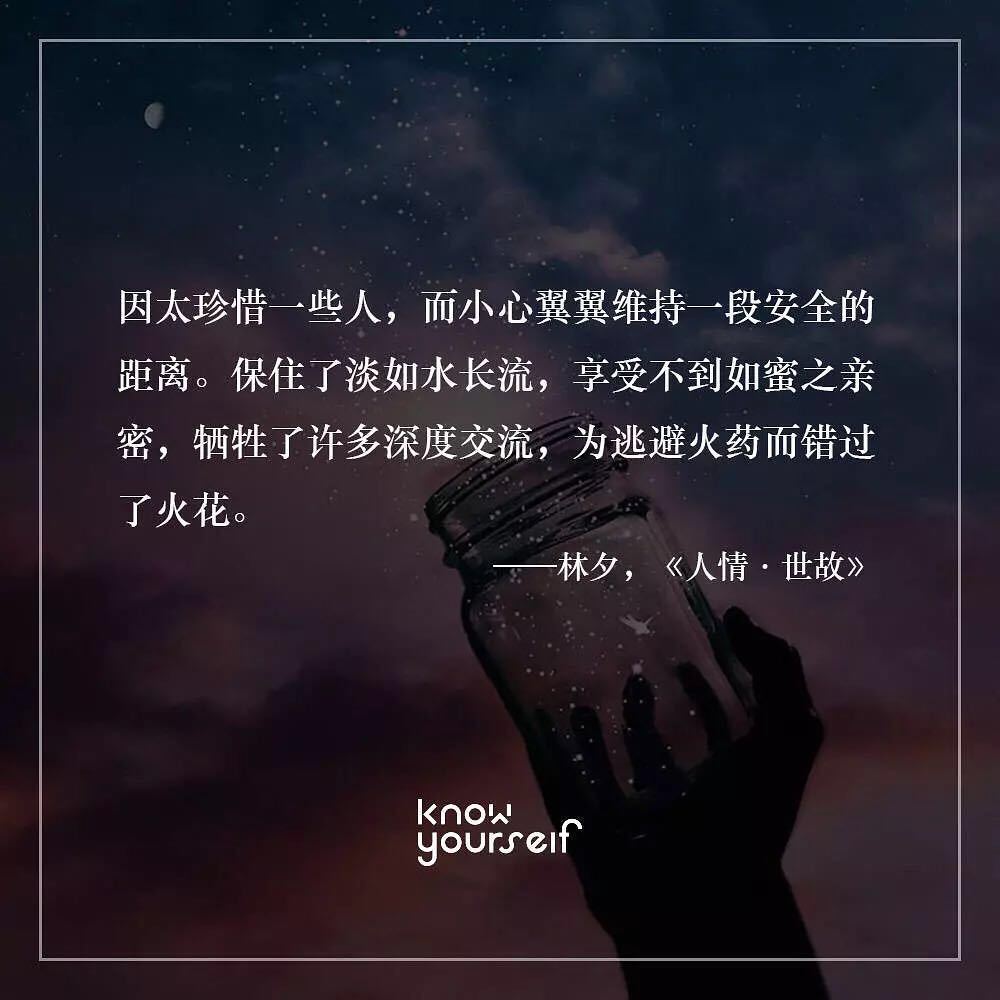

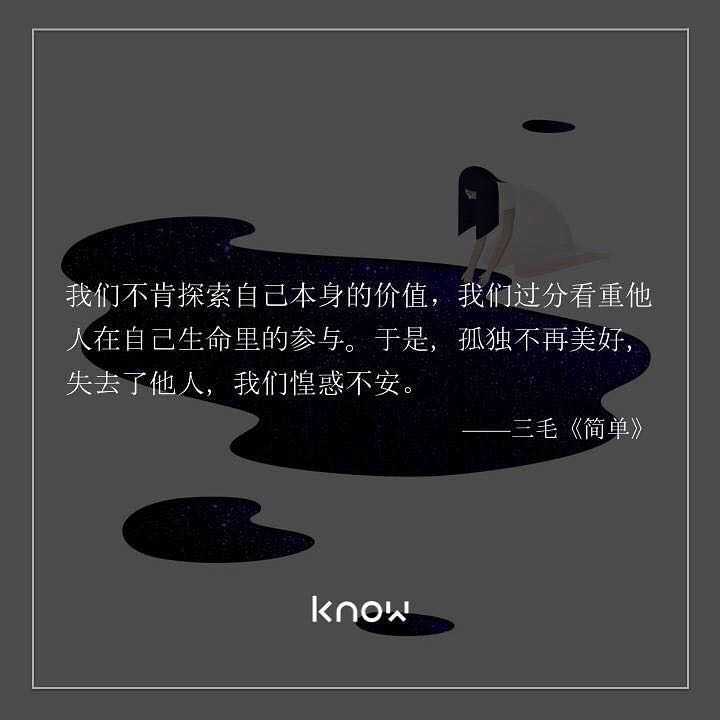

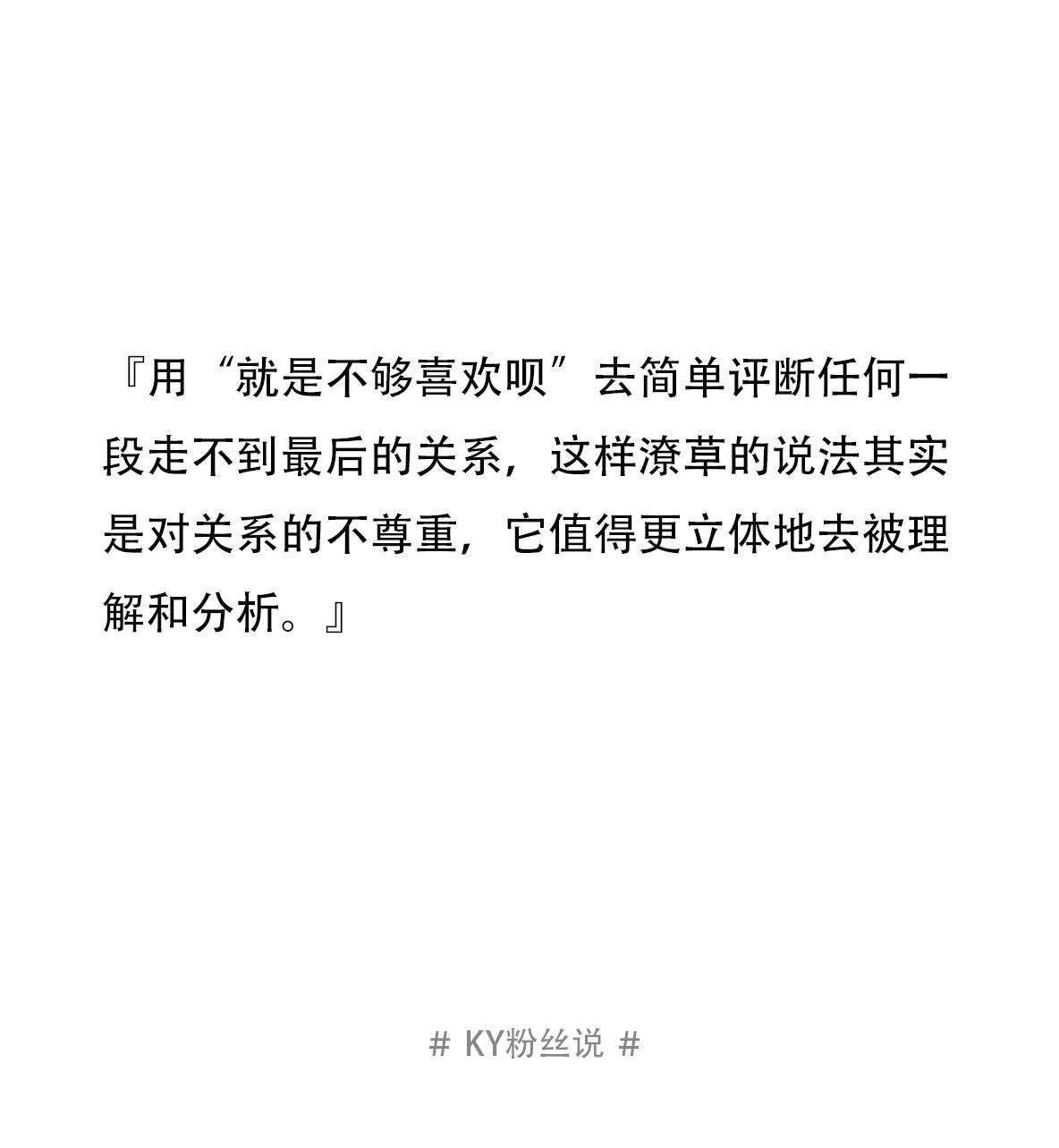
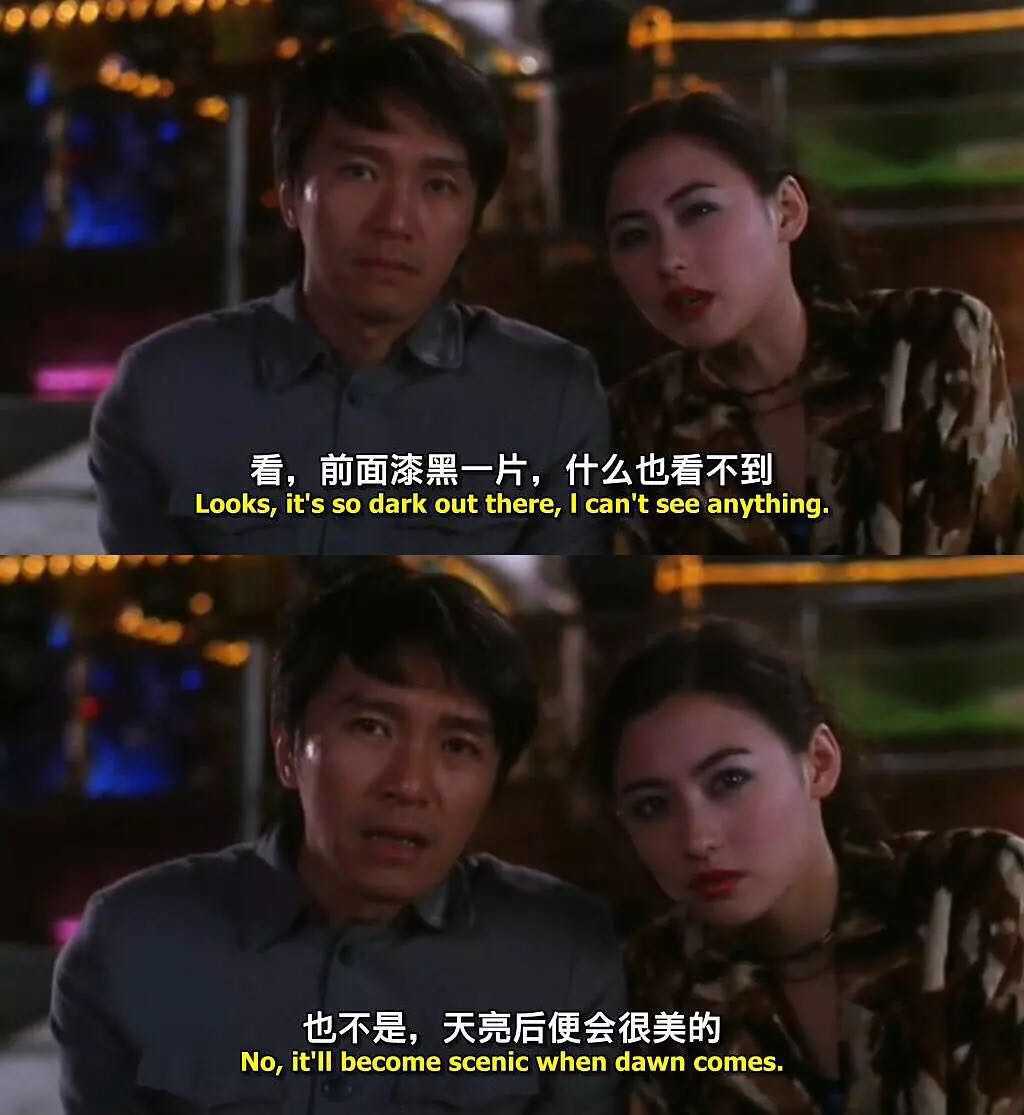
恐惧就是这样一个懦夫,当你触及它的底线,接受事情最坏的结果,然后开始准备和它大干一场的时候,它早就不知躲到哪里去了。—— 古典 《拆掉思维里的墙》
满地都是六便士,,只有他选择了月亮。——《月亮与六便士》书评
若他不在山上, 不会有这漫天的雪花。——《剪刀手爱德华》
执者失之。—— 顾城
如果你爱上了一朵生长在一颗星星上的花, 那么夜间, 你看着天空就感到甜蜜愉快。 所有的星星上都好像开着花。——《小王子》
最近对乔布斯佩服得五体投地,记一些他的语录。
来自乔布斯 2005 斯坦福毕业大学演讲
This was the closest I’ve been to facing death, and I hope it’s the closest I get for a few more decades. Having lived through it, I can now say this to you with a bit more certainty than when death was a useful but purely intellectual concept:
No one wants to die. Even people who want to go to heaven don’t want to die to get there. And yet death is the destination we all share. No one has ever escaped it. And that is as it should be, because Death is very likely the single best invention of Life. It is Life’s change agent. It clears out the old to make way for the new. Right now the new is you, but someday not too long from now, you will gradually become the old and be cleared away. Sorry to be so dramatic, but it is quite true.
Your time is limited, so don’t waste it living someone else’s life. Don’t be trapped by dogma — which is living with the results of other people’s thinking. Don’t let the noise of others’ opinions drown out your own inner voice. And most important, have the courage to follow your heart and intuition. They somehow already know what you truly want to become. Everything else is secondary.
When I was young, there was an amazing publication called The Whole Earth Catalog, which was one of the bibles of my generation. It was created by a fellow named Stewart Brand not far from here in Menlo Park, and he brought it to life with his poetic touch. This was in the late 1960s, before personal computers and desktop publishing, so it was all made with typewriters, scissors and Polaroid cameras. It was sort of like Google in paperback form, 35 years before Google came along: It was idealistic, and overflowing with neat tools and great notions.
Stewart and his team put out several issues of The Whole Earth Catalog, and then when it had run its course, they put out a final issue. It was the mid-1970s, and I was your age. On the back cover of their final issue was a photograph of an early morning country road, the kind you might find yourself hitchhiking on if you were so adventurous. Beneath it were the words: “Stay Hungry. Stay Foolish.” It was their farewell message as they signed off. Stay Hungry. Stay Foolish. And I have always wished that for myself. And now, as you graduate to begin anew, I wish that for you.
Stay Hungry. Stay Foolish.
Thank you all very much.